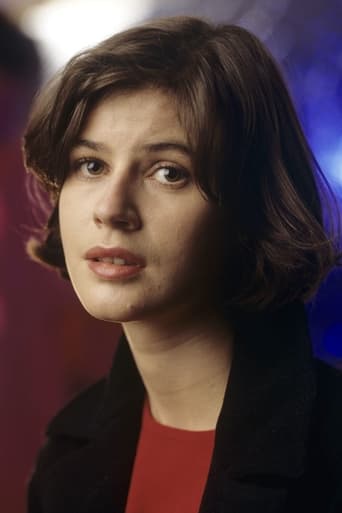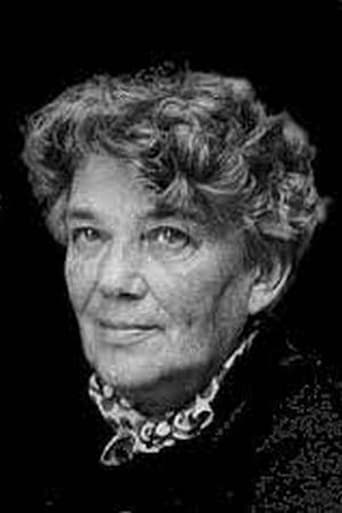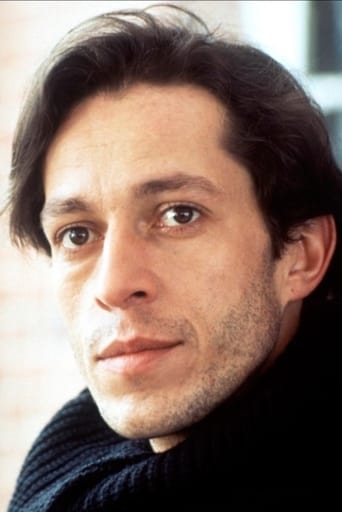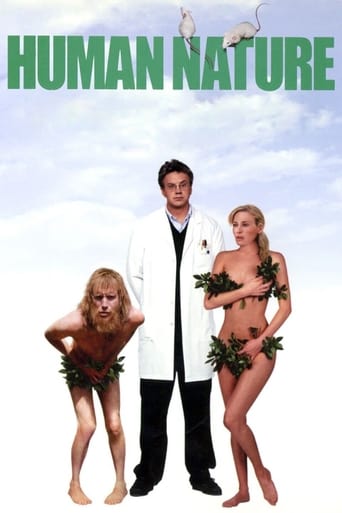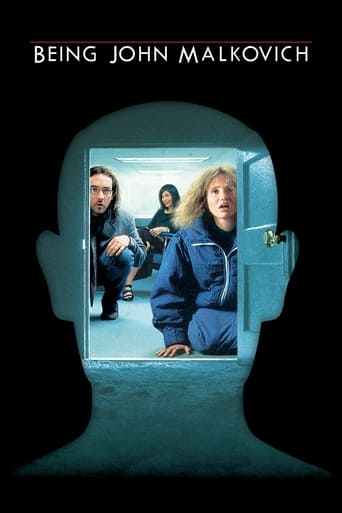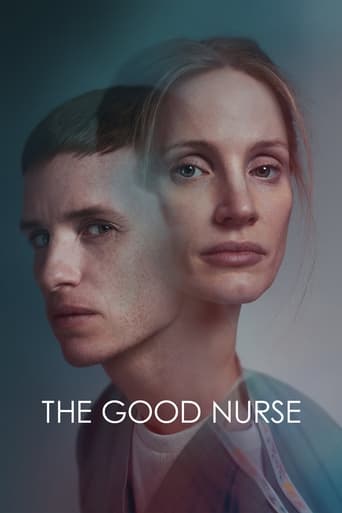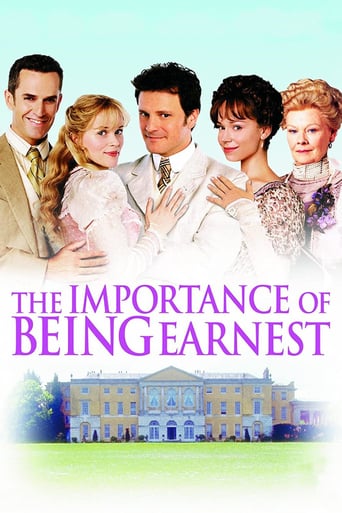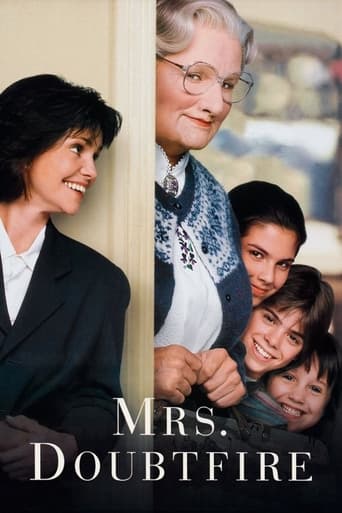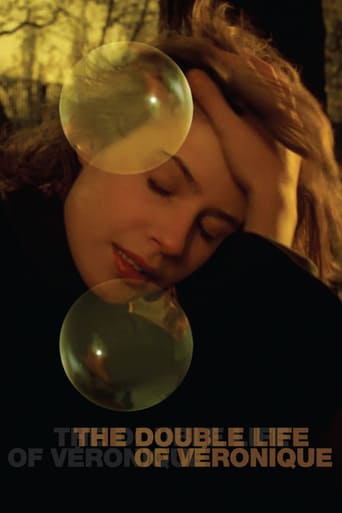
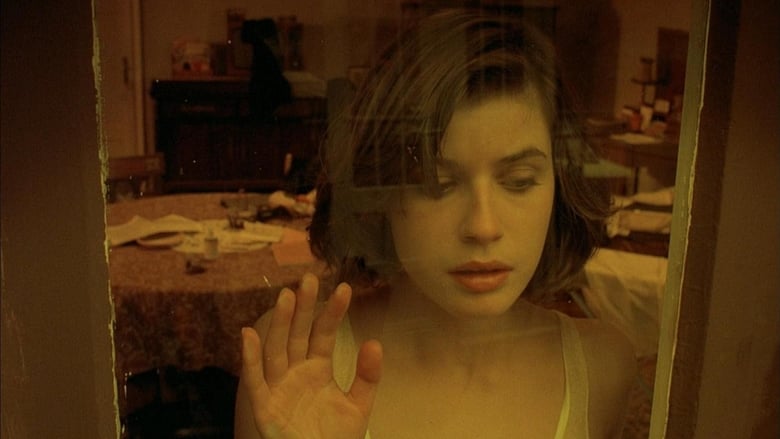
The Double Life of Véronique (1991)
Véronique is a beautiful young French woman who aspires to be a renowned singer; Weronika lives in Poland, has a similar career goal and looks identical to Véronique, though the two are not related. The film follows both women as they contend with the ups and downs of their individual lives, with Véronique embarking on an unusual romance with Alexandre Fabbri, a puppeteer who may be able to help her with her existential issues.
Watch Trailer
Cast


Similar titles
Reviews
*Possible minor spoilers*Hasn't ever happened that you browse an album with beautiful pictures pleasing your eyes, hearing at the same time beautiful music pleasing your ears and your soul? That's the way I saw this film. It is evident that it is entirely dedicated to Iréne Jacob's beauty, who gives a very good performance, perhaps one of her best, if not the best. And she is beautiful indeed! Zbignew Preisner's music excellently rendered by Elzbieta Towarnicka's voice, completes the beautiful images, by pleasing your ears and your soul. That's all. Do not expect any story, because there isn't any. The film is about two women, the French Véronique living in France and the Polish Weronika living in Kraków, Poland. They look alike like twins, like two drops of water. Véronique seems to feel Weronika, like it often happens with twins, however, they are not. Krzysztof Kieslowski's direction is excellent, perfectly rendering this poem of spectacle and hearing.
Two parallel stories about two identical women; one living in Poland, the other in France. They do not know each other, but their lives are nevertheless profoundly connected.Polish cinema is not well-known. France and Italy seem to have the European continent locked when it comes to great films. For Poland, you have Roman Polanski, and he has spent much (probably most) of his career outside the country. But this film is one example of the great things that can come out of Poland.The very concept is interesting. Two people who are very much alike, whose lives influence each other, but live in completely separate places and do not know each other. Is it possible? Probably not. But a great premise, just the same.
Kieslowski in pure form. same search of characters. same need of roots. and a beautiful performance of Irene Jacob, part of Three colors chain. a film about existence like a watercolor painting. or a porcelain doll. a life. a border. and the way to yourself. at first sigh, a verdict from many, a film about nothing. in essence, like each Kieslowski movie, a portrait of deep rooms of viewer soul. an exercise of honesty. who has the charm of childhood story, the force of answer of maturity, delicacy of wisdom of old age . it is only a great movie for its director precise art of transfigure ordinary pieces of everyday life.and for the feel of travel. in a world who can be not only real but a slide from yourself.
I hated this movie while watching it.After much debating with myself and a friend I have come to the conclusion that this movie is about death. While I still have no sympathy for anyone or anything in the movie, I think the movie is nevertheless a lot more coherent than I initially thought, and for this - and also for the excellent filmography - I am giving it an 8/10. (1)A friend of mine suggested this movie is about the various possibilities of existence which cannot be realized simultaneously in real life. I felt this wasn't right but I didn't have another interpretation to offer. But now I do. Let's see what Weronika and Veronique are all about:(a) SimilaritiesThey are both sickly creatures. They have a father, they don't have a mother. They are both engaged with music. They know and interact with a series of characters of no consequence (the aunt, the colleague from school, etc.) They both appear in a love relationship where their lovers are more involved than themselves. They both dismiss those lovers. They both have a plastic (?) ball and are fascinated by what the world looks like as reflected through it. They both watch an old woman through the window. They both seem to drift without touching the world around them. They both see their doppelgänger.(b) DifferencesWeronika lives in Poland. She is not independent (lives with her dad / aunt). She seems young and inexperienced. She moves to another city for the sake of her aunt. Feels that she is not alone in the world. She dies singing.Veronique lives in France. She is financially independent (she lives on her own, has her own job). She seems more mature, and already anchored in music (she has a music teacher, she teaches music). She quits her music lessons although her teacher thinks she has a great talent. She feels alone in the world. She falls in love (Weronika never seems in love; talking to her aunt, she seems excited to have slept with that guy but abandons him). She accepts the game played on her by the anonymous stalker. She becomes acquainted with her puppeteer. She sees her doppelgänger, in the end. She begins to see how he may be the one manipulating her. Veronique's story begins as Weronika dies. This chronological details is supported by the photo / negative from Poland, which is the moment when the stories of the two girls become anchored in reality and aligned in a particular chronological order.So far, what does this movie seem to be about? Let's say that Veronique's first apparition and inexplicable grief is a premonition of what might happen to her if she continues taking music lessons / trying to make a career in music. This premonition leads her to abandon her existential possibility of realizing her potential through music. Having abandoned this possibility (I don't feel like it should be called her 'ideal' - Veronique doesn't really seem to have a passion, a dream, an ideal!), she somehow loses her path. Is she the ballerina who breaks her leg and then turns into a butterfly, as the ballerina in the puppeteer's story? This seems rather to be Weronika's story. Veronique refuses to break her leg, so there's no question of her turning into a butterfly. Is, then, the movie about a character with a talent for music to whom her talent is fatal, and for whom abandoning the talent would lead to perdition all the same? If yes, then the movie does make sense, although I'm still not sure about the puppeteer. It's as if the puppeteer had somehow condemned both these girls to death, and loves them when they have accepted their sentence. (Antek too could be some kind of a puppeteer: he tells Weronika he loves her only after she had come to the city and was already pursuing her talent! Likewise, Alexandre too tells Veronique he loves her only after she had accepted to enter the game of the anonymous caller.)If this death sentence were the true meaning of the movie, then it also would be easier to understand why Veronique has two lovers (the first, unnamed one, and then, Alexandre), and Weronika only one: Veronique quits music and drives away her first lover, and this could be a rejection of dying for her talent. Her condemnation to death is, however, still there: having failed to kill her through music, the puppeteer steps in himself.The weird thing about this interpretation is that, although both girls do seem to have some relation to music, neither of them gives the impression that music is the biggest thing in their lives. Music is just something they happen to be good at, good enough to be remarked and regretted when they cannot / refuse to pursue it. For the rest, these girls look like lambs brought to the slaughterhouse. For example, when Weronika's aunt asks her how her audition had gone, Weronika answers something like (I don't remember the exact wording): it went TOO well. Apathetic...(2) My conclusion about the movieAfter lots of thinking, here's, then, my conclusion regarding what this movie is about: I think it is about condemnation to death, regardless of other life details. This idea seems supported by that episode where Veronique holds the shoestring across the graph paper in a straight line over her recent EKG graph. The straight line of an EKG = death.Everything else in the movie is ballast. The doppelgänger thing is rather a red herring: it muddles the waters without any pay-off, really.Now I understand why the music is throughout so sad / sinister. Also, why there is so much ballast, so many gestures of no consequence. So many attempts at a plot but with no actual realization. The characters are doomed, and that's all.


